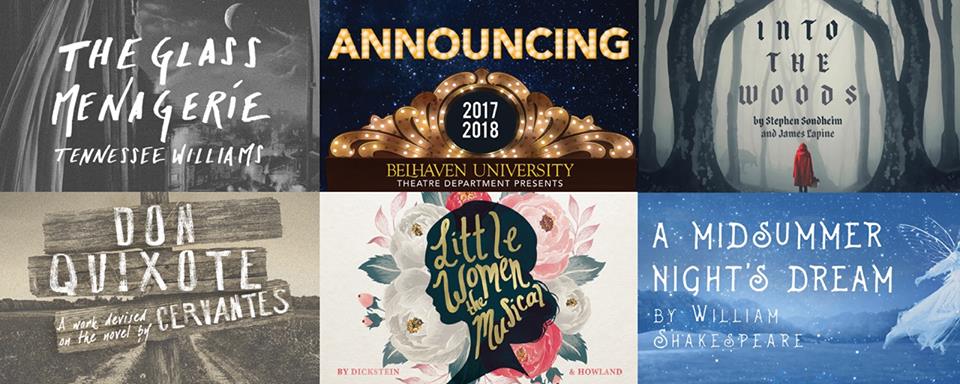What does it mean to be an artist?
I’ve been asking myself this question, in various forms, for most of my life. It’s a question that bears repetition because there are so many possible answers, and my own personal answer sometimes changes. When I first began creating, the question wasn’t clearly formulated and the answer was simple: Joy! As I grew older and awareness of economic realities intruded, the questions became How can I be an artist? and Should I even try?
For a year or two, I chose not to be an artist. Oh, I still dabbled in this and that, but I wasn’t wholly or even halfheartedly invested. It was a dark and boring time.
When I recommitted myself, I felt such a deep sense of relief. I was spending my time the way I was supposed to again. I was focusing on what was important again.
Perhaps that relief, that sense of purpose, is part of what it means to be an artist.
We can judge our artistic success on so many levels:
1. Financial: how much money we make, can we make a living as an artist
2. Recognition/acclaim: receiving opportunities, reviews, awards
3. Size of audience: how many people experience what we are doing
4. Growth as an artist: how we are improving and/or taking risks as an artist
5. Producing a piece or performance that works the way we wished it to
But perhaps being an artist doesn’t have so much to do with traditional success. Some of the most lauded artists labored in obscurity in their lifetimes. Many famous writers self published their own work. Vincent Van Gogh, Jane Austen, Emily Dickinson, Jan Vermeer, Franz Schubert, Henry David Thoreau.
If money and fame are of less importance, then what does it mean to be an artist? It means we create. It means we dream. It means we explore the fundamental question of what it means to be human: what it means to be conscious, what it means to experience emotions because of a painting or a symphony or a poem or a novel, what it means to have the capability for empathy. The exploration is inherently of value, regardless of the outcomes.
Stephen King said, “Life isn’t a support system for art. It’s the other way around.” Art supports life; it creates meaning, some semblance of order created from the complications of existence. It takes us outside of ourselves and pushes us more deeply inside of ourselves. It raises as many questions as it provides answers.
Being an artist, then, is about more than a job or a career. Being an artist becomes a state of mind.
And the seven-year-old me was right after all. What else does it mean to be an artist? Joy!
—-Amy Sandburg





